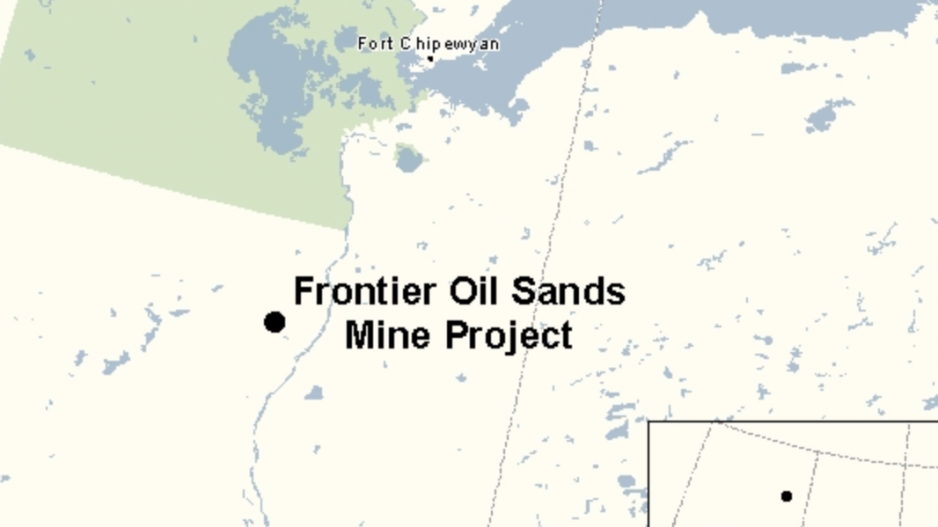Canada’s new Environment Minister, Jonathan Wilkinson, is coming under pressure from indigenous activists to deny an environmental certificate to Vancouver’s Teck Resources (TSX:TECK.B) for its massive $20 billion Frontier oil sands project in Alberta.
The project received a positive recommendation from a joint review panel in July 2019, despite the finding it will have significant environmental impacts.
Over the life of the mine it would disturb close to 300 square kilometers of wetlands and boreal forest in an area 110 kilometres north of Fort McMurray, and generate 4 million tonnes of CO2 equivalent per year in greenhouse gases.
Recommending for or against an environmental certificate for the project may be the first major decision for Wilkinson as Canada’s new Environment minister.
But rejecting the project could further anger the Jason Kenney government in Alberta, which blames the Trudeau government in part for the economic woes plaguing Alberta's oil and gas sector – the slowness in getting new pipelines approved being one major sore point.
Wilkinson is expected to make a recommendation to cabinet on the project by the end of February.
A joint review panel (Environment Canada and Alberta Energy Regulator) found the project would have significant adverse impacts on the environment and aboriginal rights, but determined it was in the public interest.
“The project, in combination with other existing, approved, and planned projects, is likely to result in significant adverse cumulative environmental effects to wetlands, old-growth forests, wetland- and old-growth-reliant species at risk, fisher, Canada lynx, woodland caribou, the Ronald Lake bison herd, and biodiversity,” the joint review panel determined.
“The project, in combination with other existing, approved, and planned projects will also contribute to existing significant adverse cumulative effects to the asserted rights, use of lands and resources, and culture of indigenous groups in the mineable oil sands region.”
According to a press release from the Indigenous Climate Action (ICA), the project would produce 6 million tonnes of CO2 equivalent. The joint review panel determined it would generate 4 million tonnes.
The panel noted that the GHG emissions from the Frontier project would be well within the 100 megatonne cap on oil sands emissions currently in place.
According to Teck, the project has agreements with 14 First Nations in the region. But the Smith’s Landing First Nation straddling the Alberta-Northwest Territories border is opposed to it.
On Monday, January 20, the chief of Smith’s Landing First Nation, Gerry Cheezie, was joined by Stewart Phillip, grand chief of the Union of BC Indian Chiefs (UBCIC), the ICA and indigenous activist Kanahus Manuel of the Tiny House Warriors at Wilkinson’s constituency office in North Vancouver, according to a UBCIC press release.
They demanded that Wilkinson reject the Frontier project, citing the federal government’s duty to uphold indigenous rights, protect the environment and act on climate change.
Noticeably absent at Monday’s gathering were any of the 14 First Nations in the region that have signed impact benefit agreements (IBAs) with Teck for the new oil sands mine’s development.
"We have undertaken more than a decade of community engagement including achieving agreements covering all 14 out of 14 Indigenous communities in the project area," Teck said in a statement to Business in Vancouver.
“IBAs are not an enthusiastic yes for this or any project,” Eriel Deranger, executive director of Indigenous Climate Action, said in a news release. “In fact, many of these communities continue to be intervenors in the JRP process to raise concerns about environmental, health and cumulative impacts. However, IBAs have become a last resort for many Indigenous communities who feel their voices and concerns are being ignored."
The Frontier project would produce 260,000 barrels per day of bitumen oil. Its construction would generate 7,000 construction jobs and 2,500 ongoing operational jobs, and contribute $70 billion in revenue for federal, provincial and municipal governments over its 40-year lifespan.




